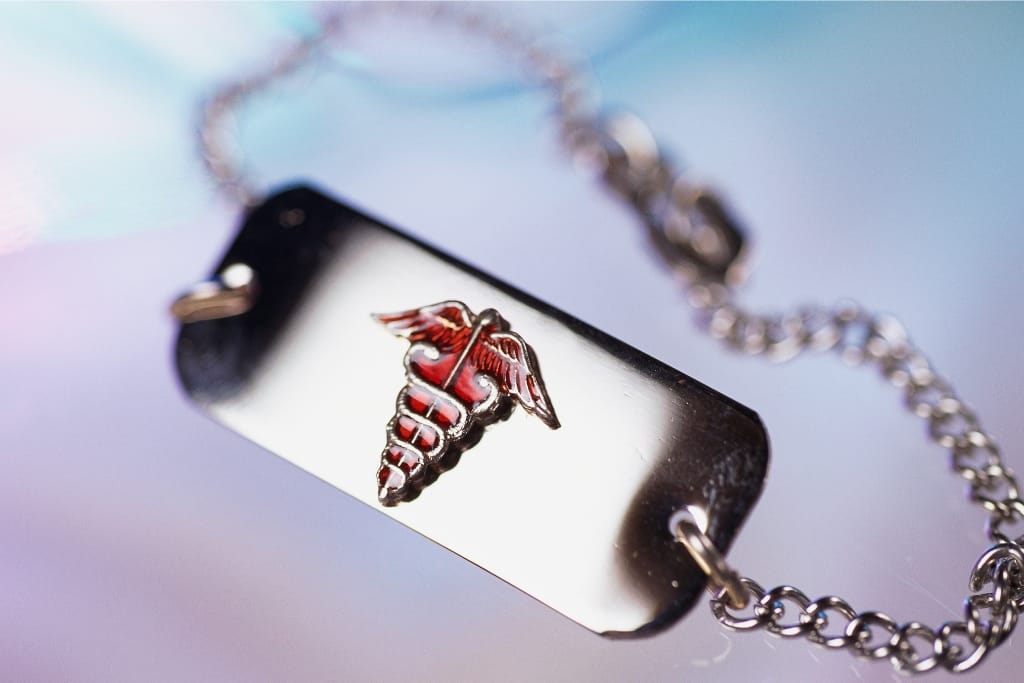Aging is a natural part of life - and with aging comes a need for more care and assistance.
Whether it be for your loved one or an elderly patient you are caring for, it’s important to ensure that their care is personalized, efficient, and comfortable.
One way to ensure that you provide better elderly care is by leveraging technology.
We’ll discuss five practical and effective ways you can use technology to improve elderly care, making their day-to-day routine easier, safer, and more enjoyable.
1)) Medical Alert Systems
Medical alert systems are also known as life alert systems are one of the most popular forms of technology for the elderly.
These systems consist of wearable devices that can be used to call for help during an emergency.
It’s a great way to ensure that your loved one can promptly call for assistance without having to leave their home.
Medical alert systems can come in the form of a bracelet, a necklace, or even a smartwatch, and they can be customized to include the ability to track a patient’s heart rate, blood pressure, and other vital signs.
2)) Home Monitoring Systems
Home monitoring systems are another popular form of technology that is making care more efficient for the elderly.
These systems can include sensors that detect motion, sound, and even changes in temperature.
They can be set up to alert caregivers or loved ones when something seems out of the ordinary and can also send alerts to emergency services.
3)) Medication Dispensers
Medication dispensers are a brilliant way to ensure that seniors are taking their recommended medication on time.
These systems can be pre-programmed to dispense the correct dosage at specific times, prompting the patient to take their medicine.
Some dispensers provide audio or visual reminders to nudge the patient.
4)) Telehealth Solutions
Telehealth connects patients and healthcare providers through the use of technology.
This can be through video calls or messaging/chat services.
Telehealth solutions are especially popular for home-based care, providing remote care to seniors anywhere.
5)) Robots and Virtual Assistants
Nowadays, personal service robots and virtual assistants are becoming more of a popular form of technology for elderly care.
Robots and virtual assistants can be trained to respond to inquiries about medication, provide weather updates, and even remind seniors about appointments or exercise routines.
Conclusion
As the world continues to evolve, technology will undoubtedly play an even more significant role in elderly care.
The above ways to use technology can improve the lives and safety of elderly patients, and support caregivers at the same time.
Integrating technology can help provide better elderly care, by promoting independence, safety, and providing peace of mind.
Download Our Free E-book!







